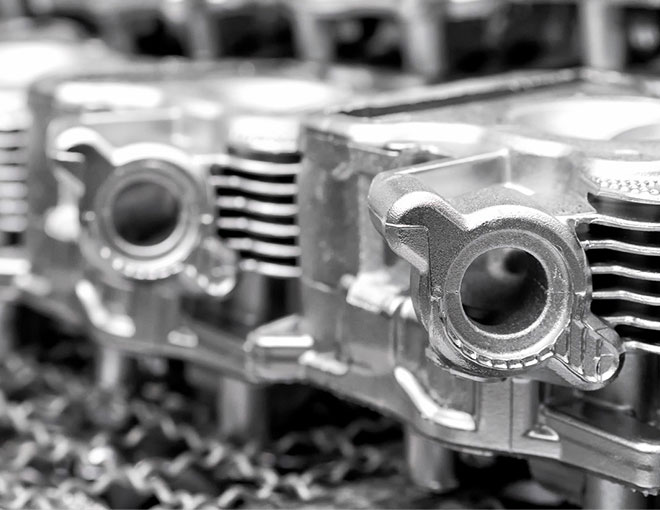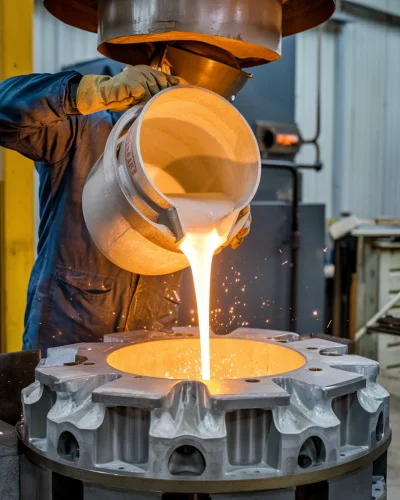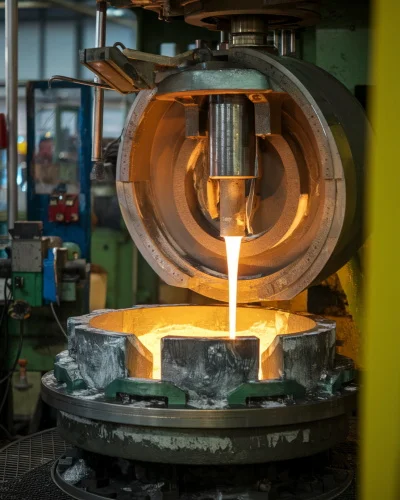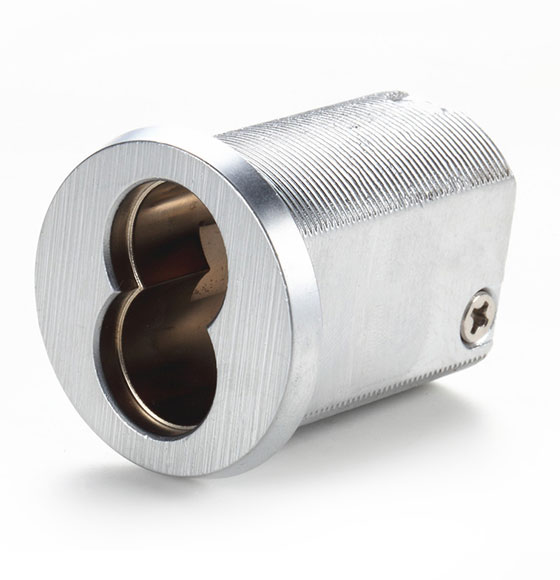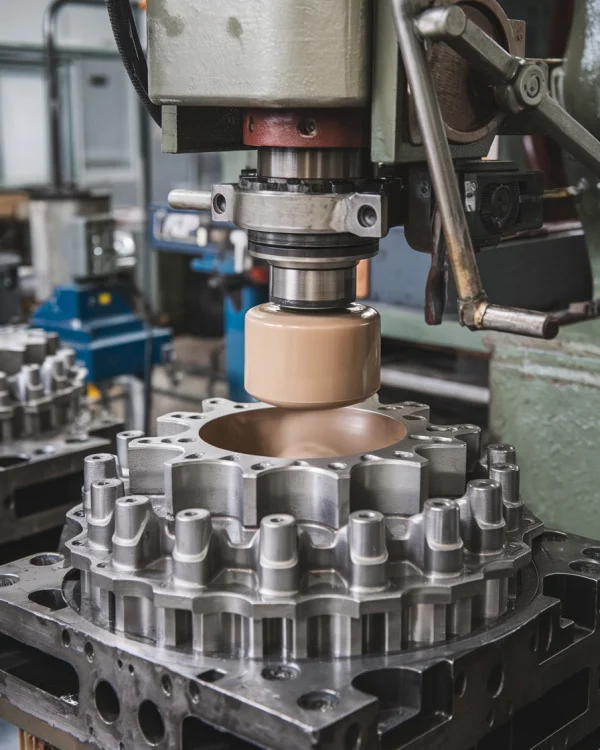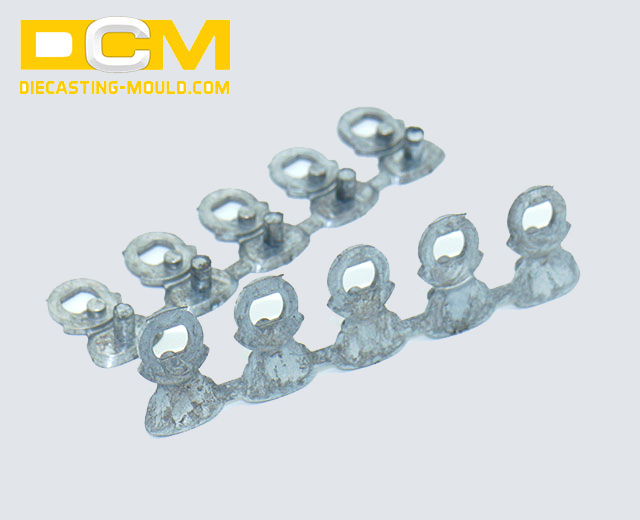Due to the fact that the causes of each defect come from multiple different influencing factors, in actual production, to solve the problem, it is necessary to first adjust the machine in the face of numerous reasons? Should we change the materials first? Or modify the mold first? Suggest processing according to the difficulty level, starting with simplicity and then complexity, in the following order:
1. Clean the parting surface, clean the cavity, and clean the top rod; Improve coatings and spraying processes; Increase the clamping force and increase the amount of metal poured. These measures can be implemented through simple operations.
2. Adjust process parameters, injection force, injection speed, filling time, mold opening time, pouring temperature, mold temperature, etc.
3. Change materials, select high-quality aluminum alloy ingots, change the ratio of new materials to recycled materials, and improve the melting process.
4. Modify the mold, modify the pouring system, add internal gates, and add overflow grooves, exhaust grooves, etc.
For example, the reasons for the occurrence of burrs in die-casting parts are:
– Die casting machine issue: Incorrect adjustment of locking force.
– Process issue: The injection speed is too high, resulting in a high pressure shock peak.
– Mold issues: deformation, debris on the parting surface, uneven wear of inserts and sliders, insufficient strength of the template.
The sequence of measures to solve the flying edge: clean the parting surface → increase the locking force → adjust the process parameters → repair the worn parts of the mold → increase the rigidity of the mold. From easy to difficult, with each step of improvement, first verify its effectiveness, and if not, proceed to the second step.


